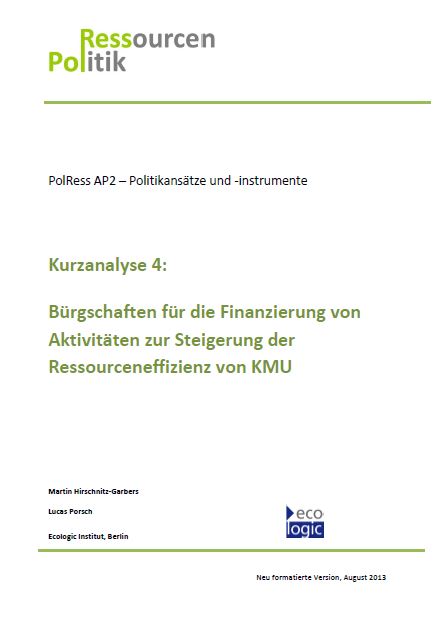Event:Workshop
Event:Visitors Program
Transatlantic Exchange about Climate Adaptation Strategies along the Baltic Coast
-
Berlin, Stralsund and island Ummanz,
Germany
Event:Discussion
Event:Workshop
Master Plan 100% Climate Protection - Fourth Workshop of Municipalities
-
Göttingen,
Germany
Publication:Report
Publication:Report
Ökosystemleistungen
Landnutzung, Lebensqualität und marktbasierte Instrumente in land- und forstwirtschaftlich genutzten Kulturlandschaften
Year
Read morePublication:Conference Paper
Forum "Fischschutz und Fischabstieg"
3. Workshop "Schutz und Erhalt von Fischpopulationen – Was ist nötig?"
Year
Read morePublication:Conference Paper
Event:Discussion
Publication:Article
Wegbereiter der Nachhaltigkeitsforschung
Ecornet: Netzwerk unabhängiger Forschungsinstitute
Year
Read moreEvent:Conference
Presentation:Speech
Publication:Policy Brief
Publication:Book Section
Publication:Video






